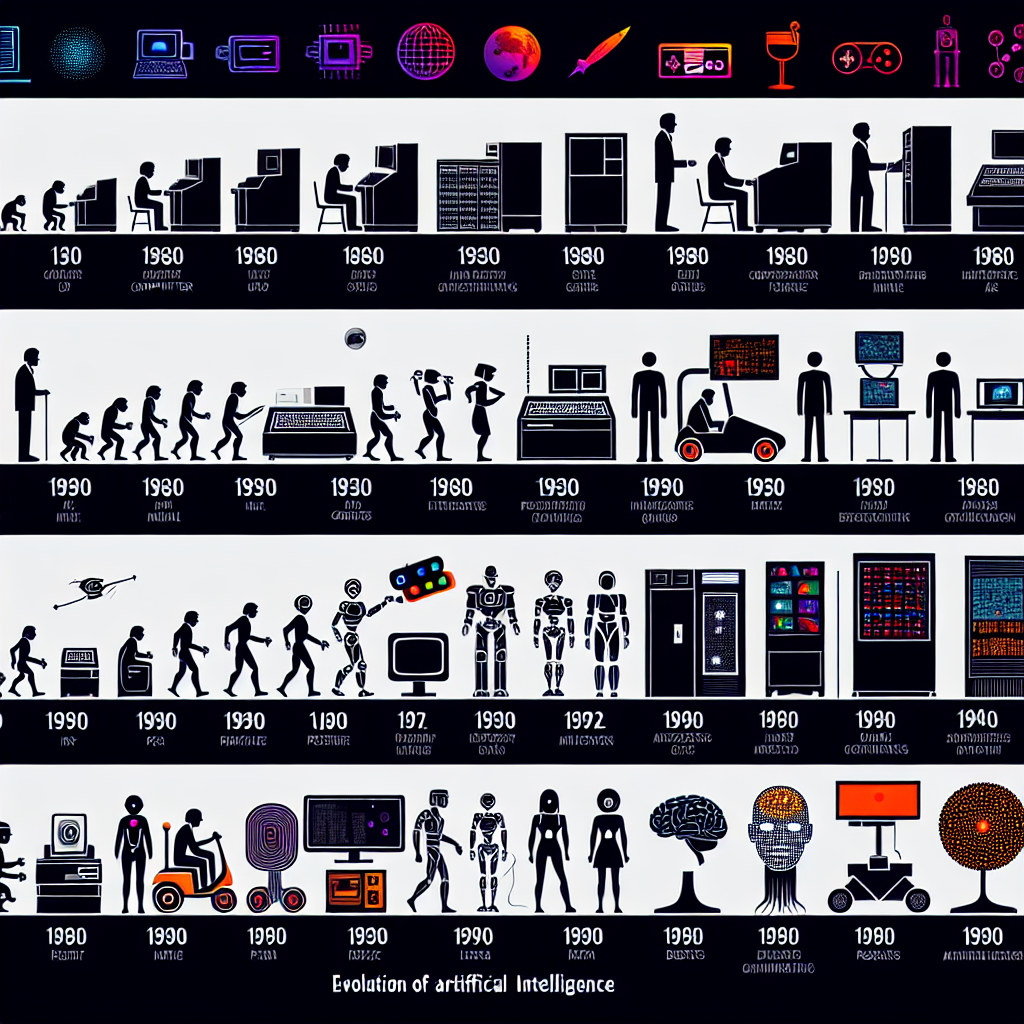
Artificial Intelligence (AI) has become an integral part of our lives, revolutionizing various industries and transforming the way we interact with technology. The history of AI dates back several decades, and its development can be traced back to the mid-20th century.
The term "Artificial Intelligence" was coined by John McCarthy, an American computer scientist, in 1956. However, the concept of AI can be traced back even further. In the 1940s, during World War II, scientists and mathematicians began exploring the possibility of creating machines that could mimic human intelligence.
One of the earliest examples of AI can be found in the work of Alan Turing, a British mathematician and computer scientist. Turing developed the concept of a "universal machine" that could simulate any other machine, thus laying the foundation for modern computers. His work on the "Turing Test" also explored the idea of machines exhibiting intelligent behavior.
In the 1950s, researchers began to develop specific programs and algorithms that aimed to replicate human intelligence. One notable example is the Logic Theorist, developed by Allen Newell and Herbert A. Simon in 1955. This program could prove mathematical theorems by using a set of logical rules, demonstrating a form of problem-solving capability.
Another significant milestone in the history of AI was the development of the General Problem Solver (GPS) by Newell and Simon in 1957. GPS was an AI program capable of solving a wide range of problems by using a set of predefined rules and heuristics.
Throughout the following decades, AI research experienced both periods of rapid progress and setbacks. The field witnessed significant advancements in areas such as natural language processing, computer vision, and machine learning. In the 1990s, machine learning algorithms, such as neural networks, gained popularity and showed promise in solving complex problems.
In recent years, AI has seen exponential growth, thanks to advancements in computing power, big data, and algorithmic improvements. AI-powered technologies are now being used in various domains, including healthcare, finance, transportation, and entertainment.
In conclusion, the concept of AI has been around for several decades, with its origins dating back to the mid-20th century. The development of AI has been a continuous journey, marked by significant breakthroughs and continuous improvement. As we move forward, AI is likely to play an increasingly vital role in shaping our future, offering new opportunities and challenges for humanity to explore.